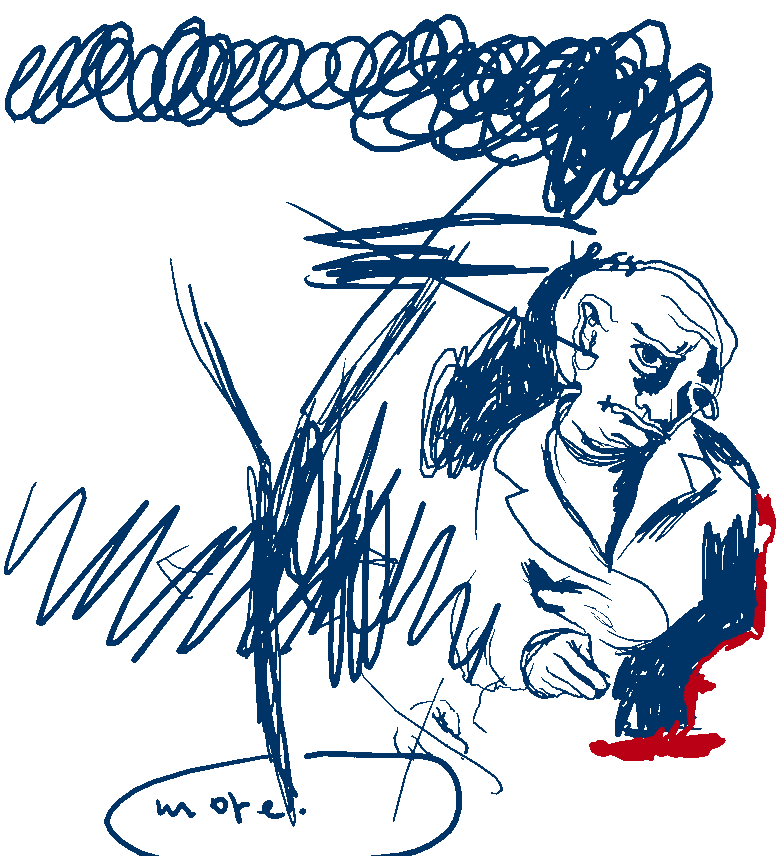The death toll from Israel’s war in Gaza has risen to 41,495, with injuries at 96,006 as of Wednesday, the Palestinian health ministry said.
Twenty-eight people were killed and 85 injured in four major attacks in 24 hours, it said without adding locations. A number of victims remain under the rubble and ambulances and civil defense crews are unable to reach them.
Separately, on Wednesday, in what is believed to be a first, Palestinian authorities in Gaza refused to accept 88 unidentified bodies when they arrived at Nasser Hospital in Khan Younis.
Remember: Throughout the war in Gaza, Israeli authorities have regularly returned corpses to Gaza, but the bodies are almost always unidentified, making it extremely difficult to return them to their families.
Israel’s military has throughout the conflict exhumed bodies in Gaza and brought them to Israel to confirm they are not hostages before returning them.
Their return in shipping containers is usually a macabre affair. Palestinians crowd the containers in the hope that their missing loved ones’ remains are among the returns. CNN has in the past reported on the transfers.
CNN has asked the Israel Defense Forces about Wednesday’s transfer. It is unclear where the bodies are now.
The International Committee of the Red Cross said it was not involved in the transfer, but said “all families have the right to receive news about their loved ones and bury them respectfully.”






















